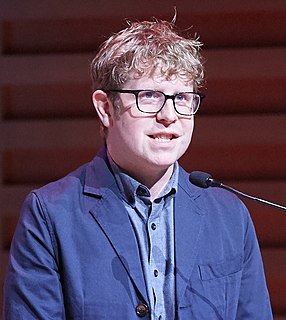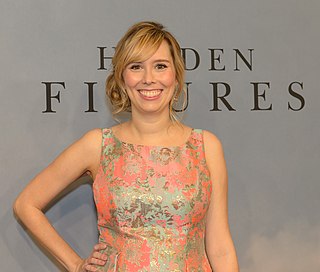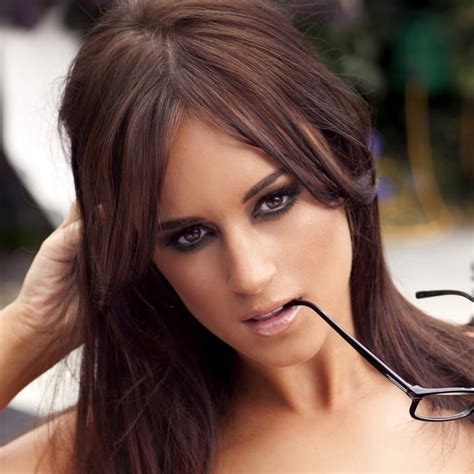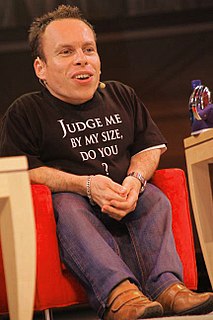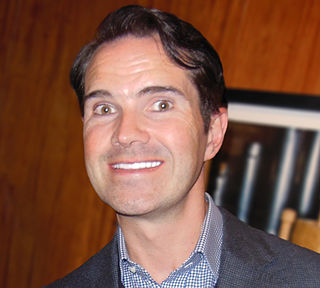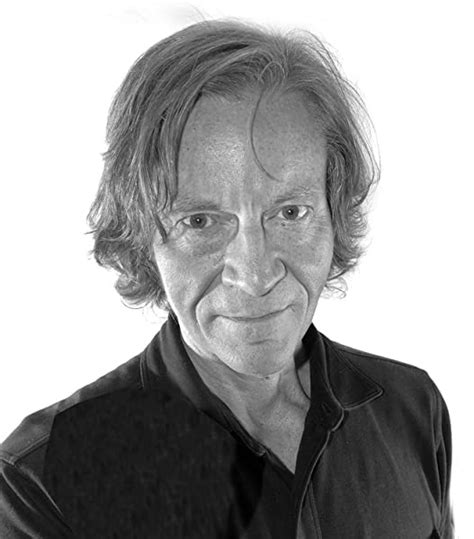A Quote by Malorie Blackman
I believe we need more culturally diverse books - about disabled characters, though not about their disability, about people with different sexual orientations, or a boy who is a cross-dresser. We need to reflect the diversity of our society.
Related Quotes
It is not a question of patronizing philanthropy towards disabled people. They do not need the patronage of the non-disabled. It is not for them to adapt to the dominant and dominating world of the so-called non-disabled. It is for us to adapt our understanding of a common humanity; to learn of the richness of how human life is diverse; to recognize the presence of disability in our human midst as an enrichment of our diversity.
We need more female directors, we also need men to step up and identify with female characters and stories about women. We don't want to create a ghetto where women have to do movies about women. To assume stories about women need to be told by a woman isn't necessarily true, just as stories about men don't need a male director.
Marketers use big data profiling to predict who is about to get pregnant, who is likely to buy a new car, and who is about to change sexual orientations. That's how they know what ads to send to whom. The NSA, meanwhile, wants to know who is likely to commit an act of terrorism - and for this, they need us.
Kids not only need to read a lot but they need lots of books they can read right at their fingertips.They also need access to books that entice them, attract them to reading. Schools...can make it easy and unrisky for children to take books home for the evening or weekend by worrying less about losing books to children and more about losing children to illiteracy.



